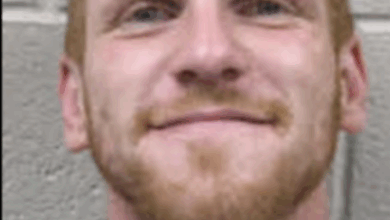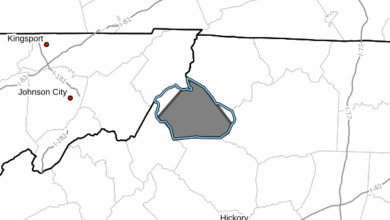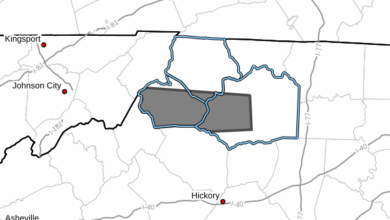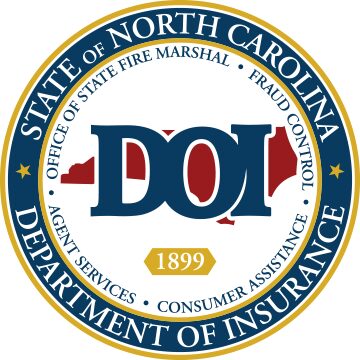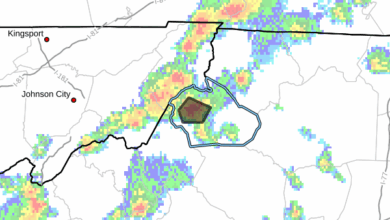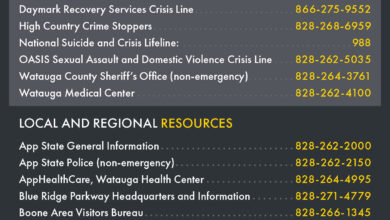
Last Updated on October 3, 2020 8:18 am
Friday, October 2, 2020
This has been a sad and difficult week on our campus as we all work to process the death of Chad Dorrill. Yesterday, we announced 35 active cases of COVID-19 in seven new clusters in our university community. The coronavirus touches all of us, and its effects can be devastating.
In times of tragedy and uncertainty, many of us ask “What can I do?” and “How can I help?”
Here are some action steps we took at App State this week:
- We added an additional weekly pop-up testing event, so we now have two free testing options available without an appointment each week for students, faculty and staff, every Wednesday and Saturday.
- We added contact tracing resources to support the efforts of local public health.
- We postponed the Oct. 7 Mountaineer football game and have suspended practice.
Additionally:
- We have engaged in numerous discussions with local public health, local law enforcement and local businesses about off-campus parties and gatherings.
- A team representing the Chancellor’s Office, Student Affairs and Emergency Management meets daily to strategize with local public health officials and twice weekly with a team of state public health officials that include medical professionals and members of the state COVID-19 response team.
- Academic Affairs and Deans are working on options for additional flexibility in course delivery for faculty and students who need it.
- We are utilizing the student conduct process to take disciplinary action against those who violate our safety protocols.
The question on everyone’s mind is “What’s next for App State?” We publish daily active case counts and weekly cluster and on-campus testing data on our COVID-19 dashboard. Here’s the current status of some other metrics we are watching:
- Active cases in residence halls account for 1.2% of the residence hall student population.
- We are using 28% of our available quarantine space.
- We are using 28% of our available meal support capacity.
- The status of our personal protection equipment supplies is good.
- Residence hall occupancy is at 84%
As my leadership team and I watch the metrics and discuss options with UNC System leadership and local and state public health officials, we are continually evaluating a complex set of interrelated circumstances. Some of these are:
- Most of our students live off campus in and around Boone and are taking the majority of their classes remotely.
- Those in our classrooms are physically distanced, in spaces that are regularly cleaned and sanitized.
- Face coverings compliance on campus is nearly universal.
- We need better compliance with wearing face coverings off campus, adhering to quarantine and isolation instructions, and answering contact tracing calls from public health.
Our current on-campus density is low; our available response resources remain high; we can offer flexible course delivery options to those who need it and, should we need to, we are ready to pivot to all-remote learning.
On a personal level, Chad’s family has, in the midst of their grief, given us very clear direction: we must each stay vigilant with our safety precautions.
- We must wear face coverings — even outside and in small groups. This is the single, most effective tool we have in the prevention of COVID-19.
- Keep group gatherings small. While Phase 3 of Governor Cooper’s reopening plan eases some restrictions, it also emphasizes safety. Limitations on gatherings remain at 25 people indoors and 50 outside. Remember to wear face coverings and maintain physical distance of at least 6 feet in these settings.
- If you have tested positive for COVID-19 or have been identified as a close contact of someone who has tested positive, it is critically important to follow quarantine and isolation instructions. These time periods can vary from person to person depending on circumstances. If you need support while in quarantine, contact the Office of the Dean of Students or Emergency Management.
- Assist with contact tracing. If you receive a call or text from public health, respond quickly. They will ask questions about where you have been and who you have been with. We know this process slows the spread of COVID-19, so answer these questions as completely as possible. You can also download the SlowCOVIDNC app to your mobile phone — this is an anonymous way to share a positive COVID-19 result or receive a notification if you have been in close contact with someone who tested positive for COVID-19 in the past 14 days. More information is available in this article on Appalachian Today.
- Take advantage of regular COVID-19 testing events. Each Wednesday and Saturday, free pop-up testing events are held in the Rivers Street Parking Deck from noon-5 p.m. for students, faculty and staff. Additional testing is available by appointment through our Student Health Service, AppHealthCare and other locations in Boone. Details are available on the university’s coronavirus website.
- Kindly but firmly, we must hold one another accountable. Many of our students and faculty are not on campus very often — for those who are, you can see the 3Ws in clear evidence. We must practice these behaviors consistently, no matter where we are.
- Spend time on the university’s coronavirus website. There is a lot of information on this site, including key metrics, information on testing, how contact tracing works, prevention information, resources, and every update sent to campus since February.
- Seek and offer support. If you or someone you know is having difficulty coping with grief or stress and need support, please reach out. Some key resources are:
- For students: contact the Counseling and Psychological Services Center at 828-262-3180. The Office of the Dean of Students can connect students to additional resources for support.
- For faculty and staff: free counseling is available from Counseling for Faculty and Staff at 828-262-4951 or through the Employee Assistance Program. Academic Affairs and Human Resources can connect faculty and staff to additional resources for support.
- Our student death protocol provides guidance and important resources and support information for our campus community.
- For students: contact the Counseling and Psychological Services Center at 828-262-3180. The Office of the Dean of Students can connect students to additional resources for support.
Finally, I would like to say that many people have asked how they can reach out to Chad’s family to offer their condolences and share their memories. The Dean of Students office has coordinated a virtual memorial book to collect these thoughts and share them with the Dorrill family.
In a time in which so much is out of our control, your university leadership is working harder than ever to help keep you as safe as possible. Let us all please focus on what we can do — be kind; be compassionate; and be diligent with safety and prevention practices. Mountaineers are resilient. No matter what the future holds, we are stronger together.
![]()
Sheri Everts, Chancellor







